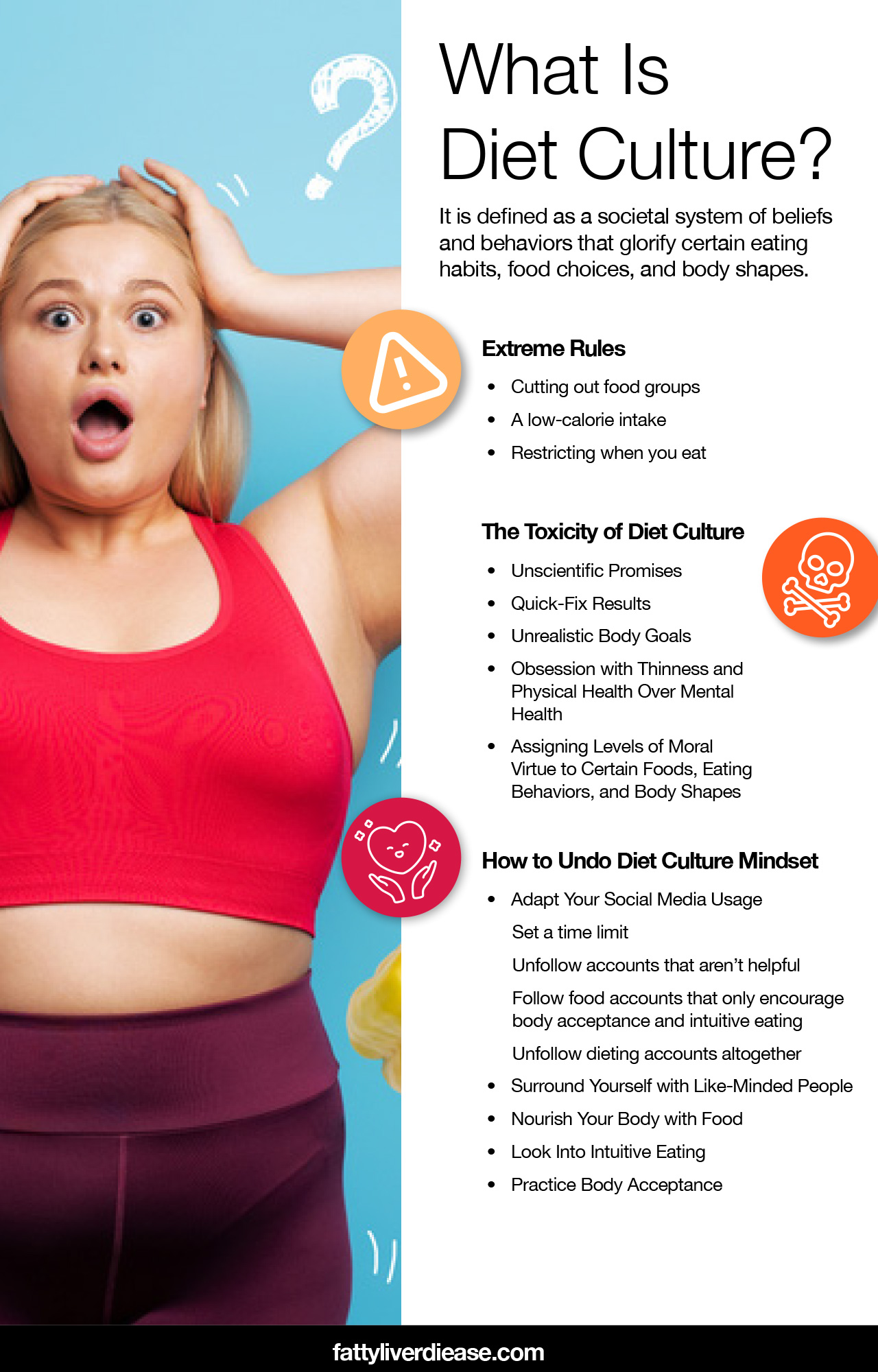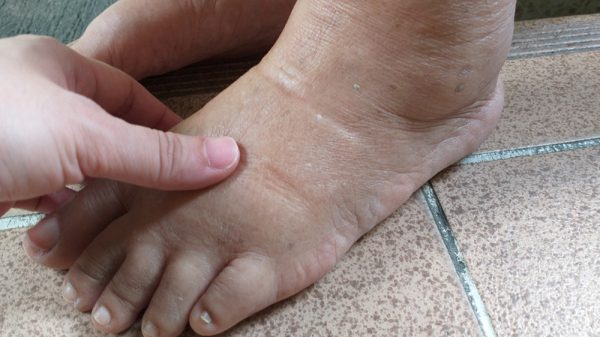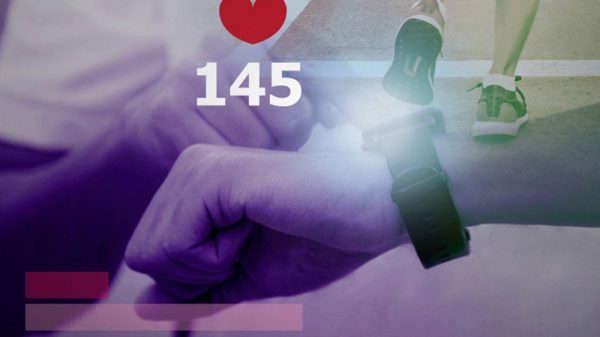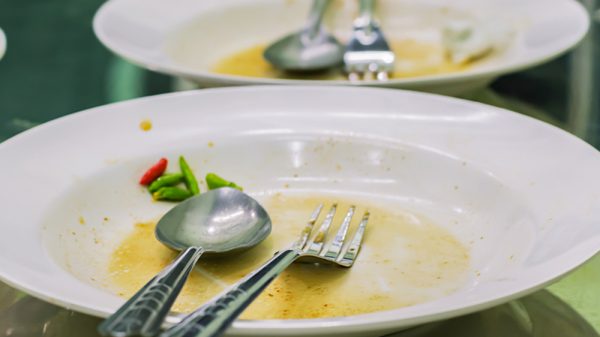Since the beginning of time, humans have been analyzing food for its effect on the body. Over time, this has led to the development of numerous special diets that claim to improve health and well-being. In recent decades, diet culture has become increasingly toxic. Many diets tout the healing properties of certain foods while demonizing others. Certain diets claim to have dramatic effects on the body, including detoxing, cleansing, or improving digestion. The result is often extreme dieting patterns that are actually unhealthy.
Components of Diet Culture
What is diet culture, anyways? We can define diet culture as the societal system of beliefs and behaviors that glorifies certain eating habits, food choices, and body shapes. While there are a variety of different diets that may have different rules, there are certain things that all diets have in common. These commonalities essentially sum up diet culture as a whole. Here are some of the components of diet culture to look out for.
Extreme Rules
Though the rules may differ from one diet plan to another, the rules of all diets generally share one common characteristic: they are all extreme.
Here are a few examples of how diets incorporate very extreme rules.
- Cutting out food groups: mini diet plans recommend cutting out entire food groups. This can be very dangerous because depriving yourself of certain food groups may mean you are not getting the protein, fat, and carbohydrates that your body needs to function optimally. Plus, it can be difficult to live a normal life when you’re not able to eat a lot of food because you’re following a restrictive diet.
- A low-calorie intake: So many fad diets are crash diets. This means that they severely restrict your calorie intake to produce quick results. From eating tiny portions to downright excluding all solid foods, these crash diets don’t provide your body with the energy and calories that it needs to carry out all biological functions. Not only is this miserable and results in weakness and fatigue but it’s also dangerous and leads to muscle wasting.
- Restricting when you eat: Many diets, especially ones that include intermittent fasting, will restrict the times of day that you can eat.
Unscientific Promises
The fad diet industry promises impressive results for your health, but a lot of these promises are not necessarily based on science. So many diets claim to do things like remove toxins from the body, clean out the liver, clean the blood, increase energy levels, and reverse the aging process. These claims sound good and on a certain level, they may be true. However, in the context of diet culture, the science is rarely explained in detail and the language used to explain the results of following a certain diet is often overgeneralizing and misleading. The language used in diet culture is often used to sound good for marketing purposes and it’s not always backed by science.
Quick-Fix Results
As humans, we are attracted to fast solutions to our issues. The problem is that these quick fixes are often not sustainable. In the case of diet culture, many diets promised extreme weight loss results, often and even a week or two. The problem with us is that these results are not sustainable, nor are they healthy. Rapidly losing weight over a short period of time is dangerous and often results in not only fat loss but also the loss of lean muscle tissue.
The deprivation associated with crash diets is not sustainable. Attempting to adhere to severely restrictive diets can ultimately backfire, leading to binge eating and weight gain.
Unrealistic Body Goals
While there’s nothing inherently wrong with wanting to change your body in some way to support your health – such as through weight loss or muscle gaining – there is a problem with messaging that emphasizes that we must change our bodies to fit a certain mold. This idea is one of the fundamental issues with diet culture. The media and society are constantly bombarding us with images of people with a very specific body type. Many fad diets take advantage of this idea, claiming that if we follow a certain restrictive diet plan, then we can achieve these beauty standards.
Obsession with Thinness and Physical Health Over Mental Health
Diet culture pushes ideology that emphasizes the importance of thinness and wellness over mental health. Diet culture often sends messages that prioritize and praise thinness and wellness at any cost. At the same time, fatphobia and body shaming are a significant part of diet culture, as well. These damaging messages can ultimately contribute to an unhealthy relationship with food, and in the worst cases, eating disorders.
Assigning Levels of Moral Virtue to Certain Foods, Eating Behaviors, and Body Shapes
Diet culture is characterized by the moralization of food and food choices, largely through moralizing language. The result is an unfortunate and simply illogical association between dieting and morality.
The result of this moralization of food is the attachment of our own self-worth to what we eat, how we eat, and the shape of our bodies. The outcome is a severely negative and burdensome impact on mental health and quality of life.
How to Undo Diet Culture Mindset
Diet culture can be hard to ignore. In fact, it can seem almost impossible to escape. From a young age, the media and society have been sending messages surrounding diet culture and beauty standards. However, there are strategies you can use to slowly undo the day I called her mindset. Here are a few tips.
Adapt Your Social Media Usage
Separating yourself from diet culture doesn’t necessarily mean you have to get off social media altogether. Simply altering some of your social media habits can make a big difference. Because social media is such a big part of our lives, we are pretty susceptible to a lot of the messages that are spread on social media. A lot of influencers contribute to diet culture in a way that can be damaging to people’s relationship with their own bodies or their relationship with food.
Here are a few tips for altering your social media usage in ways that help you separate yourself from diet culture.
- Set a time limit. We all know the drill; we get on social media just to scroll through for five minutes, and before we know it we’ve been sucked down a rabbit hole and an hour has passed. Spending more time on social media means more time that you might look at diet culture messages whether purposefully or inadvertently. Setting a daily time limit on social media it’s a good way to ensure that you’re not spending too much time scrolling through postings.
- Unfollow accounts that aren’t helpful. There are some accounts out there that really emphasize diet culture messages. Go ahead and look through the accounts you follow and just scan through their pages. If you find some that promote diet culture, it’s best to unfollow them or at least hide their posts. This way, you won’t be bombarded with diet culture messaging when you open up your social media page.
- Follow food accounts that only encourage body acceptance and intuitive eating. While unfollowing diet culture accounts may be helpful, it may also be helpful to follow accounts that are anti-diet culture. Explicitly seeing messages from other people that are against the toxicity of diet culture may also help reinforce healthy habits, a healthy relationship with food, and body positivity.
- Unfollow dieting accounts altogether. You may also find it helpful to simply Unfollow all food-related and diet-related pages altogether.
Surround Yourself with Like-Minded People
As social creatures, we are often influenced by what others around us are doing. As a result, it’s best to surround ourselves with people who are positive influences on our own behavior and are supportive of our goals. Surround yourself with friends and family who practice healthy eating patterns and strive to shut out diet culture noise and messaging.
Similarly, it may also be helpful to read books and listen to podcasts that emphasize a healthy relationship with food while shedding light on the toxicity of diet culture.
Nourishing Your Body with Food
In order to undo diet culture thought patterns, try to think of food as nourishing fuel for your body. The human body is designed in a way that requires food to power all biological processes. Eating should be an enjoyable activity that gives you energy, and food choices should be made based on how they make you feel, both physically and mentally.
Look Into Intuitive Eating
Intuitive eating is a helpful mindset and eating strategy that encourages listening to your body’s cues regarding hunger and satiety. Intuitive eating is an anti-diet strategy that emphasizes a healthy relationship with food, body acceptance, and both mental and physical health. Do some research on intuitive eating on gentle nutrition and see if it might work for you.
Practicing Body Acceptance
Diet culture and society’s beauty standards can take a serious toll on both our relationship with food and with our bodies. It’s important to actively reject weight stigma and celebrate the variety of shapes and sizes that the human body comes in. The “health at every size” (HAES) movement emphasizes this message too.
Things to Keep in Mind
Just as a note, the nutrition choices you make could be further complicated by any health conditions you have, as well as your genetics and individual biochemistry. It’s always a good idea to talk to your doctor or healthcare provider about the best nutrition plan that fits your specific needs. A registered dietitian or nutritionist is also an excellent resource for ensuring that you’re enjoying foods that support your individual health needs.
Conclusion: How to Separate Yourself from Diet Culture
Extricating ourselves from diet culture is challenging since we are surrounded by diet culture messaging on a constant basis. However, it is possible to break down diet culture beliefs and philosophies. Adjusting your social media usage, viewing food as fuel for the body, practicing body positivity, and intuitive eating are a few strategies you can use to separate yourself from diet culture.
























